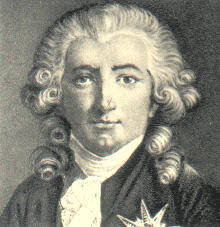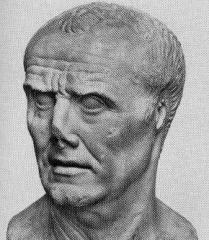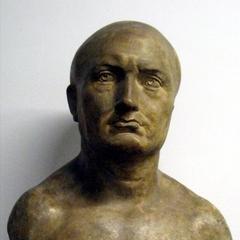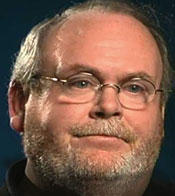Edmund Burke Quotes - Page 11

Edmund Burke, Robert MONTGOMERY (Author of “Satan.”.) (1853). “Edmund Burke: being first principles selected from his writings. With an introductory essay by Robert Montgomery”, p.232
In all forms of government the people is the true legislator.
'A Tract on the Popery Laws' ch. 3, pt. 1 in 'The Works' vol. 5 (1812)
Edmund Burke (1852). “The Works and Correspondence of the Right Honourable Edmund Burke”, p.259
A Letter to a Noble Lord (1796)
'Letters on a Regicide Peace' Letter 3 (1797)
"Thoughts and Details on Scarcity" by Edmund Burke, 1795.
Edmund Burke (1871). “The Works of the Right Honorable Edmund Burke”, p.154
Edmund Burke (1852). “The Works and Correspondence of the Right Honourable Edmund Burke”, p.321
Edmund Burke (1963). “Edmund Burke: Selected Writings and Speeches”, p.581, Transaction Publishers
Edmund Burke (1912). “Reflections on the French Revolution”, p.51, CUP Archive
'On the Sublime and Beautiful' (1757) pt. 4, sect. 18
Edmund Burke (1919). “Speech on Conciliation with America”
Hypocrisy is no cheap vice; nor can our natural temper be masked for many years together.
Edmund Burke (1852). “The Works and Correspondence Of...Edmund Burke”, p.149
Edmund Burke (1834). “The works of ... Edmund Burke”, p.256
Edmund Burke (2016). “Delphi Complete Works of Edmund Burke (Illustrated)”, p.76, Delphi Classics
An appearance of delicacy, and even fragility, is almost essential to beauty.
Edmund Burke (1824). “A Philosophical Inquiry Into the Origin of Our Ideas of the Sublime and Beautiful”, p.121
"On Moving His Resolutions for Conciliation with the Colonies," 22 Mar. 1775
William Pitt (Earl of Chatham), Edmund Burke, Thomas Erskine Baron Erskine, Jean Gabriel Peltier (1834). “Celebrated Speeches of Chatham, Burke, and Erskine: To which is Added the Arguement of Mr. Mackintosh in the Case of Peltier”, p.87






